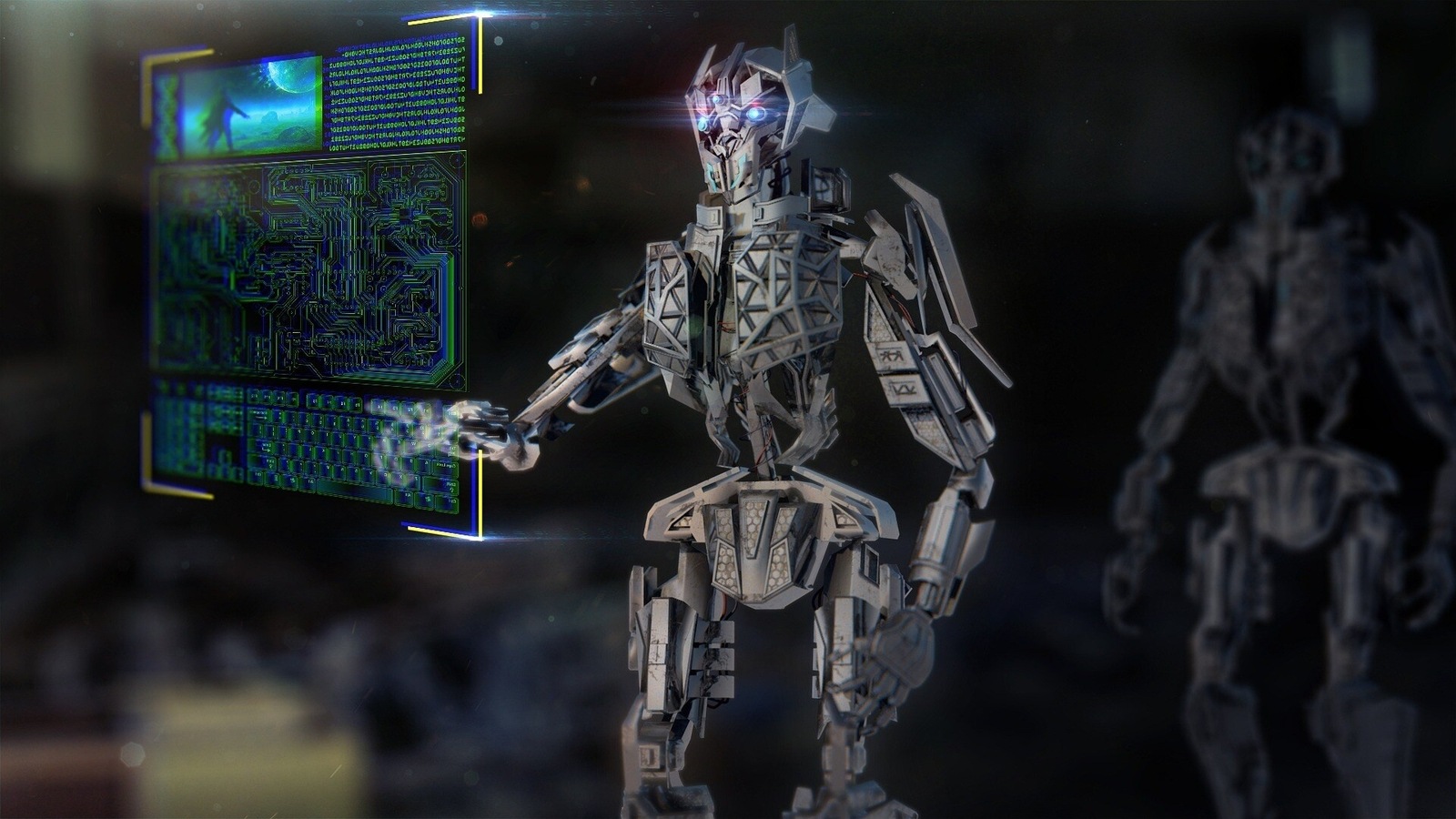Expert warns that AI’s immediate risks; Police encouraged to increase AI-backed facial recognition searches; AI enhances security measures at public venues; AI employed to monitor wild salmon stock – this and more in our daily roundup. Let us take a look.
1. Expert warns about AI’s immediate risks
Aidan Gomez, a key figure in AI development, warns against fixating on AI doomsday scenarios, arguing they divert attention from pressing issues like misinformation. While acknowledging long-term existential risks, he believes immediate, tangible dangers, like the large-scale spread of false information, need priority. Gomez, CEO of Cohere, urges the AI safety summit to address the real-world applications of AI, emphasising the significance of tools like chatbots and image generators, The Guardian reported.
We are now on WhatsApp. Click to join.
2. U.K Police encouraged to increase AI-backed facial recognition searches
The Policing Minister, Chris Philp, is urging police to double their use of retrospective facial recognition searches to locate known offenders by May 2024. He emphasises the importance of harnessing innovative AI technologies to prevent and solve crimes, keeping up with evolving criminal activities. Philp believes that exceeding 200,000 searches using facial recognition technology can enhance public safety. He also encourages broader use of live facial recognition for swift suspect identification and deterrence, emphasising AI’s role in freeing up police resources.
3. AI enhances security measures at public venues
Public venues like sports stadiums, schools, and concert halls are adopting artificial intelligence (AI) to enhance security while allowing human security personnel to focus on other tasks. Evolv Technology, founded in response to tragic events like the Sandy Hook shooting and the Boston Marathon bombing, offers AI-driven security systems. Their screening systems, using magnetic fields and AI, detect potential threats, helping security personnel pinpoint flagged items without manual searches, making security more efficient and effective. Mike Ellenbogen, the company’s CIO, highlights the advanced technology behind their threat detection process, according to a Yahoo finance report.
4. G7 set to approve AI code of conduct for companies, reveals official document
The G7 industrial countries will establish a landmark voluntary code of conduct for advanced artificial intelligence development. This move comes as a response to concerns about privacy and security risks associated with AI technology. The 11-point code aims to promote safe and trustworthy AI globally and guides organisations in addressing risks throughout the AI lifecycle, including incidents and misuse after product deployment, according to a Reuters report.
5. AI employed to monitor wild salmon stocks in B.C
Artificial intelligence (AI) is aiding in the accurate counting of salmon in British Columbia’s rivers. In collaboration with conservation groups, Simon Fraser University, and First Nations, AI technology, known as ‘Salmon Vision,’ analyses in-river video footage to differentiate between salmon species. A pilot study, featured in Frontiers in Marine Science, revealed the AI’s 90% accuracy in detecting coho and 80% accuracy for sockeye, significantly speeding up the process compared to manual counting by technicians. The data was collected from weirs in the Skeena River watershed, according to a CBC report.
Source link
credite

